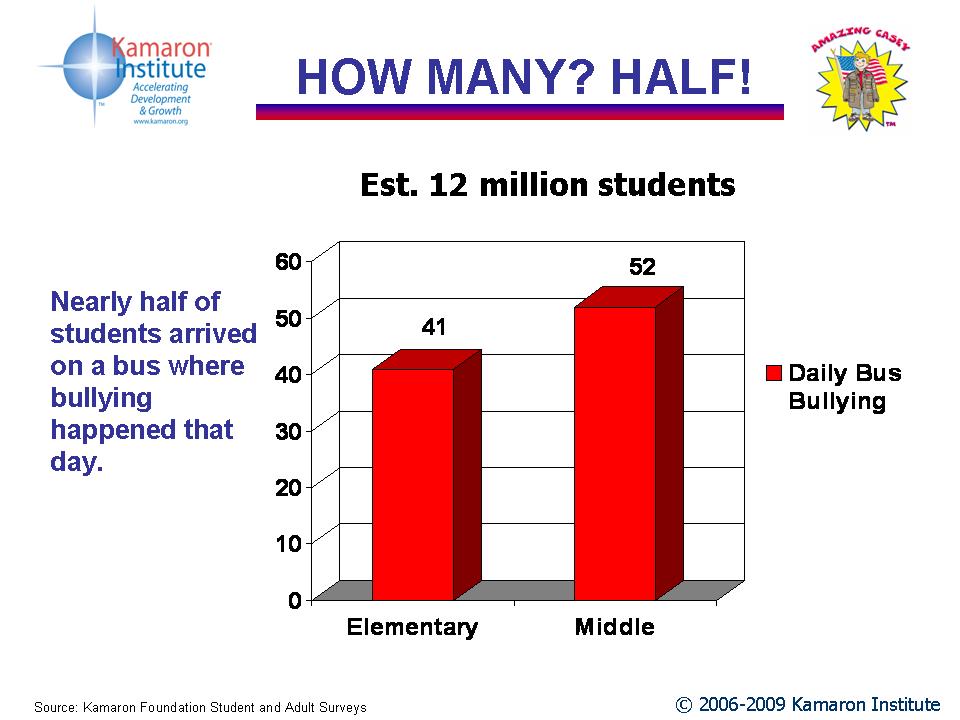
Children with social skills are happier.
Why Teaching Your Children Social Skills Is Crucial To Their Future Success. Positive Parenting
Families across the country are helping their children get ready for the new school year by dutifully trudging off to buy mountains of school supplies, books, and new outfits. However, teaching a child appropriate social skills is equally as important as showing up with the right school supplies.
In fact, in some ways it is even more important. While school supplies are quickly expended, social skills increase in value over time. For example, think about your co-workers and neighbors. On a spectrum of social skills, they will lean more toward one of these descriptors: (1) Works and plays well with others” or (2) “Runs with scissors.”
As the philosopher Aristotle noted, thousands of years ago, “Man is a social animal”. Children who have average grades but who are well liked by adults and their peers are generally quite happy. Children who are disliked or shunned by adults and their peers simply will not be as happy, no matter how successful they are academically.
This carries over to high school, college, and life in general. People who get along well with others, have friends and a strong social network tend to be more content even if they are only moderately successful in their careers. People who are well liked are more likely to be hired and promoted. People who are socially isolated and have few or no friends are not going to be happy no matter how successful their career.
And school, as we all remember quite well, is the time when we learn how the outside world sees us and reacts to us. This can have a lasting effect on our self-esteem and our view of ourselves.
That’s why it’s vital that parents help prepare their children for school by ensuring that they have sufficient social skills. Social skills are the foundation of getting along with others.
Parents can start by observing how their children interact with others. If their child is the one that hangs back at the playground or at parties, the one who has awkward and inappropriate interactions with other children, then it’s up to the parent to step forward and help guide their child to more socially acceptable and effective behaviors.
Here are some social skills tips to help you get started:
Focus on the Big Four Skills
The big four on the parental priority list for social skills are (1) listening, (2) cooperating, (3) sharing (4) negotiating. Parents who play games and plan activities to teach and reinforce social skills in their children are likely to see them. Be on the lookout for what I call teachable moments with a child.
Empathy
Children who have learned empathy at home are more quickly accepted in the classroom. Empathy is not something you can buy for a child at the local super store. Teach your child to wait their turn in a conversation and to observe other people’s reactions to them. If they notice someone getting angry or uncomfortable, they should take note of that and change the topic of conversation. They should also take note of what they were saying or doing when the other person became upset, so they can avoid repeating it.
Help for Parents
Tools: There are numerous books, websites and videos available these days which offer practice exercises that teach social skills. If your child is struggling socially, invest in whatever teaching materials you find helpful. They learn by doing and interacting with a caring parent.
Groups: There are playgroups dedicated to helping children improve their social skills. You can find them by consulting with a family therapist, your child’s school counselor, or by searching online for support groups in your area.
The most important thing for you to do is get a good fix on how well your child is able to interact with others and by taking appropriate behavior and skills steps early if your child needs help. Your reward will be a happier, kinder child and future adult.
Postive parenting expert Margaret Ross. a nationally recognized parenting education, bullying, cyber bullying expert.
Ross is author of 5 books, editor of Kamaron Positive Impact newsletter (Kamaron PI blog). Margaret is a regularly featured guest on Americas top radio shows discussing bullying, cyberbullies, workplace relationship communications success.



